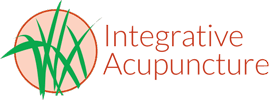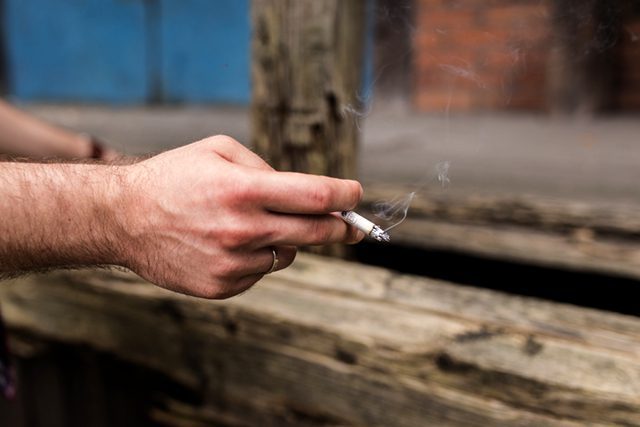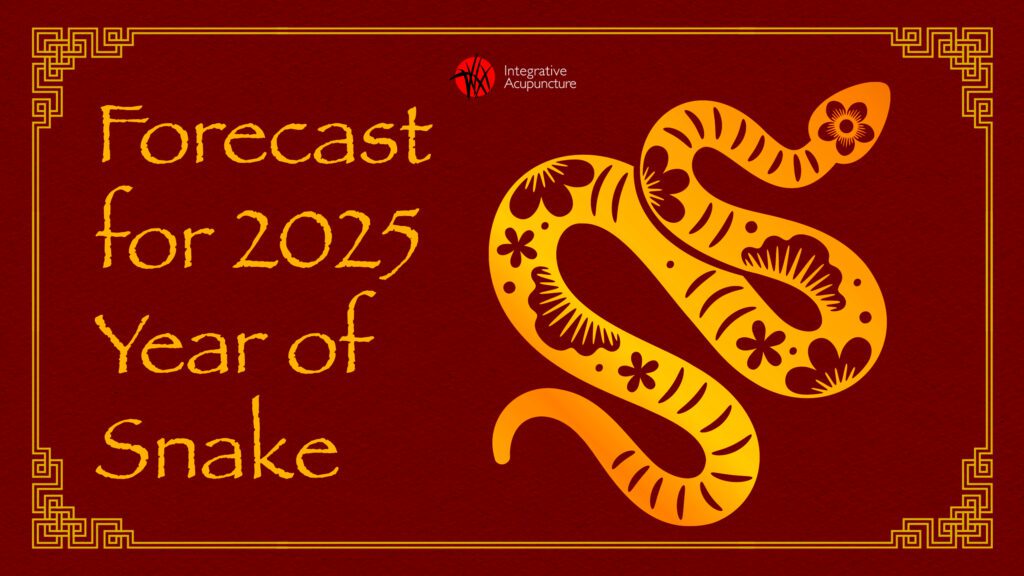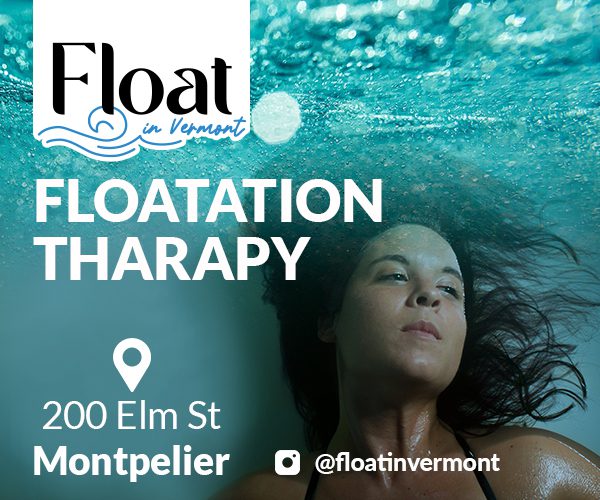Addiction is defined as the compulsive physiological need for and use of a habit-forming substance, which means addiction can come in a lot of different forms. People can be addicted to illicit drugs like heroin just as easily as they can be addicted to sugar. But for the purpose of this article, let’s stick to illicit drugs and alcohol.
According to the Health Services Administration, 23.5 million people ages 12 or older have needed treatment for drug or alcohol addiction. And the treatments provided aren’t guaranteed, nor are they always easy. Luckily, there are alternative treatment options that can help.
Acupuncture is based on the correlation of individual locations and energetic meridians found in and on the body. For addiction, micro-acupuncture has been used with good results. Micro-acupuncture uses points on a small part of the body, like the ear, that also show correlations with balancing and restorative functions.
Auricular acupuncture is probably the most common technique used when treating addiction. There is a specific protocol utilized for treating addiction. It is called the NADA protocol. NADA stands for National Acupuncture Detoxification Association. NADA was established in 1985 to promote education and training. The NADA protocol utilizes five specific points in the ear that not only address substance abuse, but also the emotional, physical and psychological attributes involved in addictions. This five-point protocol allows one practitioner to treat many patients at a time, making it more time-effective, as well as more cost-effective.
 The NADA protocol consists of five specific acupuncture points, the sympathetic point, Shen Men, the kidney point, the liver point and the lung point. The sympathetic point balances the nervous systems and has a strong analgesic effects. Shen Men has a relaxing effect and helps alleviate anxiety and nervousness that may accompany withdrawals. The kidney point boosts the source energy of the patient while helping to resolve fear and increase willpower. The liver point promotes the repair of the liver and aids in resolving anger and aggression. The lung point strengthens the immune system and accelerates detoxification. It also helps addicts deal with grief and letting go. When somebody is going through the initial detoxification process, it is important to receive acupuncture treatments daily until you are able to remain clean.
The NADA protocol consists of five specific acupuncture points, the sympathetic point, Shen Men, the kidney point, the liver point and the lung point. The sympathetic point balances the nervous systems and has a strong analgesic effects. Shen Men has a relaxing effect and helps alleviate anxiety and nervousness that may accompany withdrawals. The kidney point boosts the source energy of the patient while helping to resolve fear and increase willpower. The liver point promotes the repair of the liver and aids in resolving anger and aggression. The lung point strengthens the immune system and accelerates detoxification. It also helps addicts deal with grief and letting go. When somebody is going through the initial detoxification process, it is important to receive acupuncture treatments daily until you are able to remain clean.
Acupuncture for addiction provides a solid foundation for recovery and rehabilitation. It is a supportive component of addiction treatment as well as a tool enabling addicts for a normal life after rehabilitation. Acupuncture works to enhance overall functioning in several ways. Because it is nonverbal, it helps reach patients that are resistant to change. And it helps develop an inner meditative state in those who are fearful or severely troubled.
Acupuncture for addiction and substance abuse offers a proven method of assisting people in the process of recovery without any side effects. Acupuncture provides relief of anxiety, depression, cravings and other withdrawal symptoms.






